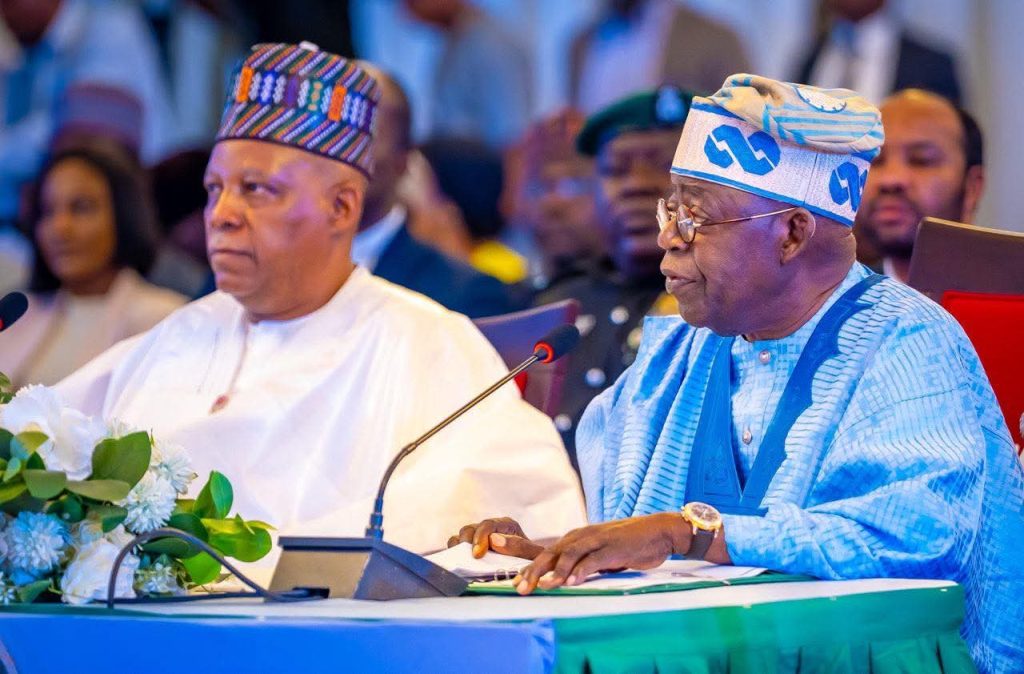The US Supreme Court is set to hear a landmark case on Wednesday that will determine the legality of a wide range of tariffs imposed by former President Donald Trump. The case, which has significant implications for the US economy and trade policy, centers on the use of emergency powers to impose tariffs on nearly every US trade partner, as well as levies targeting Mexico, Canada, and China.
At stake are billions of dollars in customs revenue and a key lever in Trump’s trade wars. The conservative-dominated court will consider whether Trump’s use of the International Emergency Economic Powers Act (IEEPA) to impose the tariffs was lawful. Opponents argue that the law does not permit such broad tariffs, and that the president exceeded his authority in issuing the levies.
The case has drawn significant attention, with Trump himself weighing in on the issue. On his social media platform, Truth Social, Trump warned of “calamity” if his tariffs are overturned, calling the case “one of the most important” in US history. The high court’s decision, which could take months to arrive, will have far-reaching implications for US trade policy and the economy.
The tariffs in question do not include sector-specific tariffs imposed by Trump on steel, aluminum, and automobiles. Since returning to the White House, Trump has brought the overall average effective tariff rate to its highest level since the 1930s. A lower court previously ruled that Trump exceeded his authority in imposing the global duties, and the decision was affirmed on appeal, prompting Trump to take the case to the Supreme Court.
The administration argues that the IEEPA grants the president the power to “regulate” trade by unilaterally setting import tax rates at any level. However, challengers note that the words “tariff” or “tax” do not appear in the statute, and that the US Constitution explicitly grants Congress the power to establish levies. Businesses, lawmakers, and former US officials have filed around 40 legal briefs against the president’s global tariffs, while only a few briefs have supported his actions.
The case has significant implications for companies, particularly small firms, which say they bear the brunt of higher import costs. The group of small businesses and states challenging Trump’s tariffs argue that even if the IEEPA allows the president to “regulate” imports in an emergency, it does not confer the power “to tax every corner of the economy that is subject to regulation.” The Supreme Court’s decision will have significant implications for the US economy and trade policy, and will be closely watched by businesses, lawmakers, and trade experts around the world.



